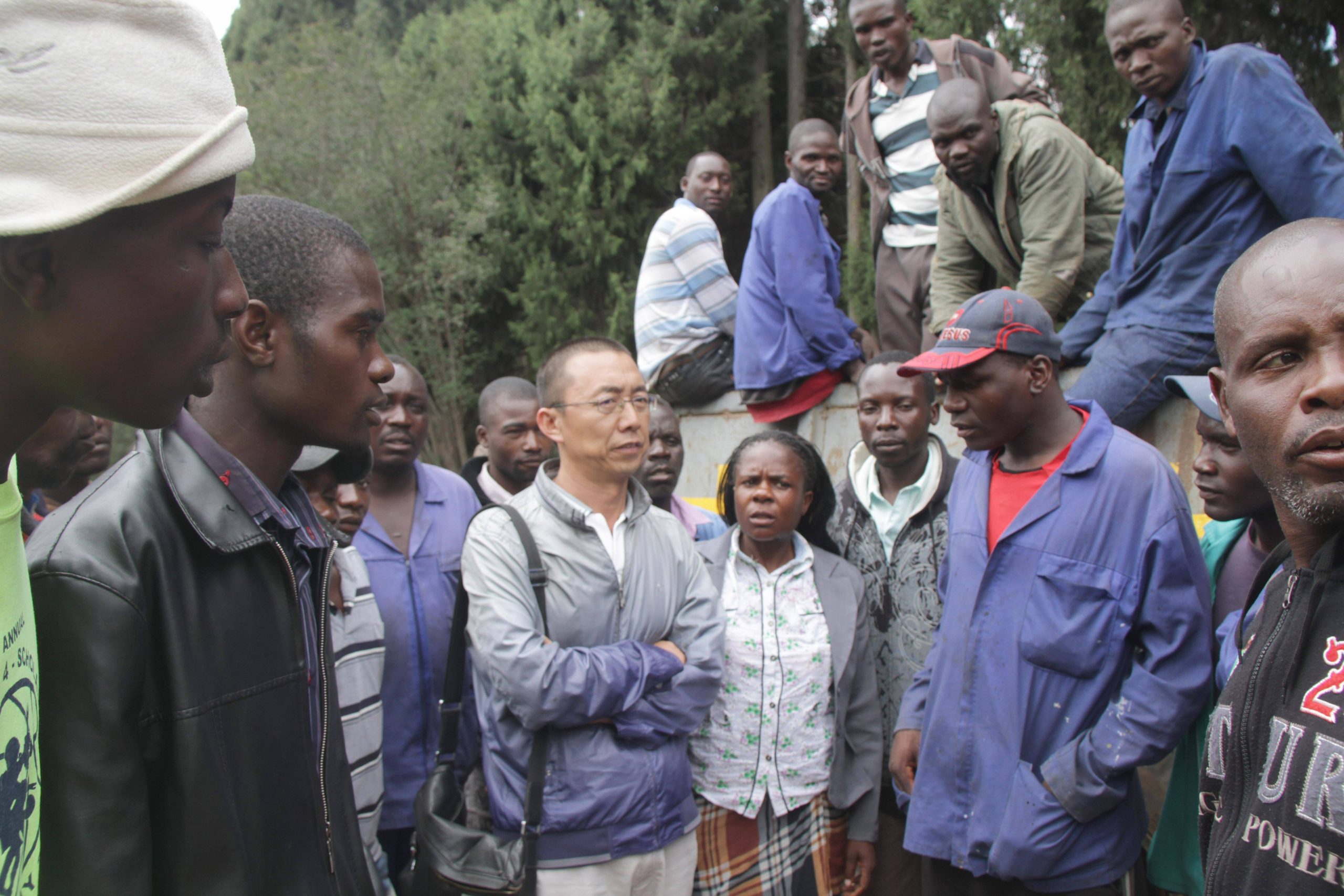
More than 3 000 workers were retrenched across sectors in Zimbabwe between January and September 2012, the Employers’ Confederation of Zimbabwe (Emcoz) has revealed.
Report by Christopher Mahove
Emcoz director John Mufukari said this had been a result of the general poor performance of the country’s economy in the past few years.
“You need to visit any industrial area and find out for yourself that they have been turned into shops. We have turned from a manufacturing to a supermarket economy,” he said.
Mufukari said there was need for a paradigm shift by employers and workers, who represented the labour market, as the business-as-usual approach was not benefitting the country.
“We have realised as the labour market that we are not doing anyone any favour by taking positions that try to beat the other to accept our position because we will be contributing to the very weak performance of the economy,” Mufukari said.
He said employers should acknowledge there was “a decent-work deficit” in Zimbabwe, despite the fact that most workers were quantitatively highly paid compared to their counterparts in the region, while employees must also consider constraints facing industry before demanding unreasonable increments.
“There is still a decent-work deficit caused by the distortions that prevailed in the economy over the past 10 years. Workers might be highly paid but still, it is not sufficient for them to lead decent lives,” he said.
- Chamisa under fire over US$120K donation
- Mavhunga puts DeMbare into Chibuku quarterfinals
- Pension funds bet on Cabora Bassa oilfields
- Councils defy govt fire tender directive
Keep Reading
“It would be false and dishonest for employers to claim workers are over-paid because, for example, it costs just US$10 to rent a one-roomed house in Lusaka, Zambia, while the same costs around US$80 in Harare.”
Workers on the other hand, Mufukari said, should not negotiate only to fulfil legal requirements, but consider that when employers fail to pay arbitral awards, they would be forced to retrench, causing job losses which otherwise could be avoided.
“There is a tendency where workers think they find a better deal at arbitration as opposed to negotiations, so they want to get to a stalemate as quickly as possible because in Zimbabwe normally arbitrators are inclined towards workers,” he said.
The Emcoz boss revealed that they had started training National Employment Council negotiators on new negotiation methods that would guarantee a win-win situation and benefit the economy in the process.
“We have said to ourselves, it is now time that the labour market showed leadership and came up with a kind of negotiation where we don’t sit across tables and hurl insults at each other, but look at the problems facing industry and come up with a joint solution which is win-win and grows our economy.” Zim’s unemployment rate at over 80%
A total of 4 432 workers were retrenched in 2011, with 6 972 having been laid off in 2010. Zimbabwe’s unemployment rate is estimated at over 80%.
Last year’s retrenchments fly in the face of the much-hyped Zanu PF’s indigenisation programme, which was supposed to end unemployment and MDC-T’s Jobs, Upliftment, Investment Capital and the Environment (Juice) project.
The Juice programme was set to create one million new jobs between 2013 and 2018 and projects an average economic growth rate of 8% per annum during the same period.











